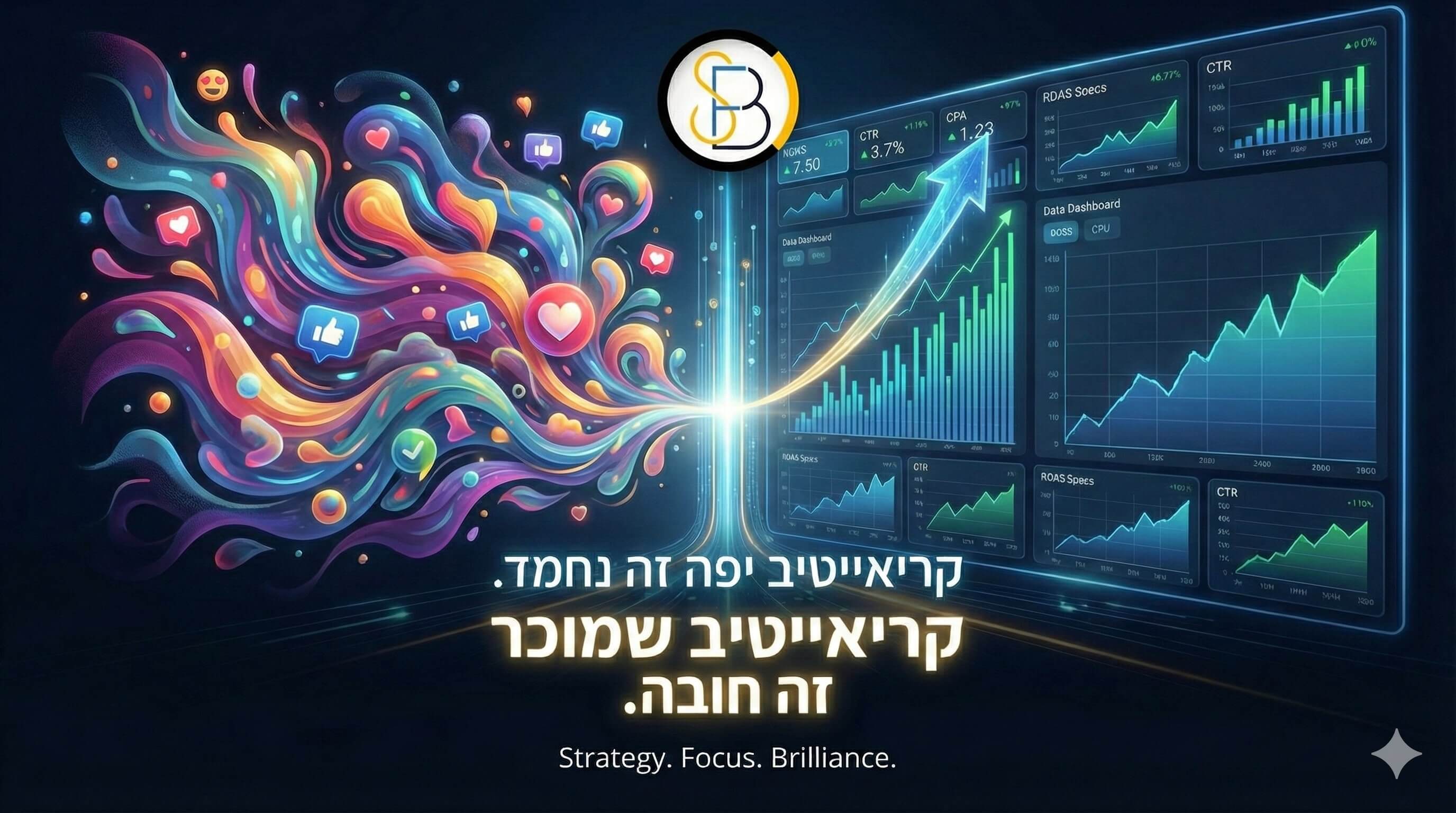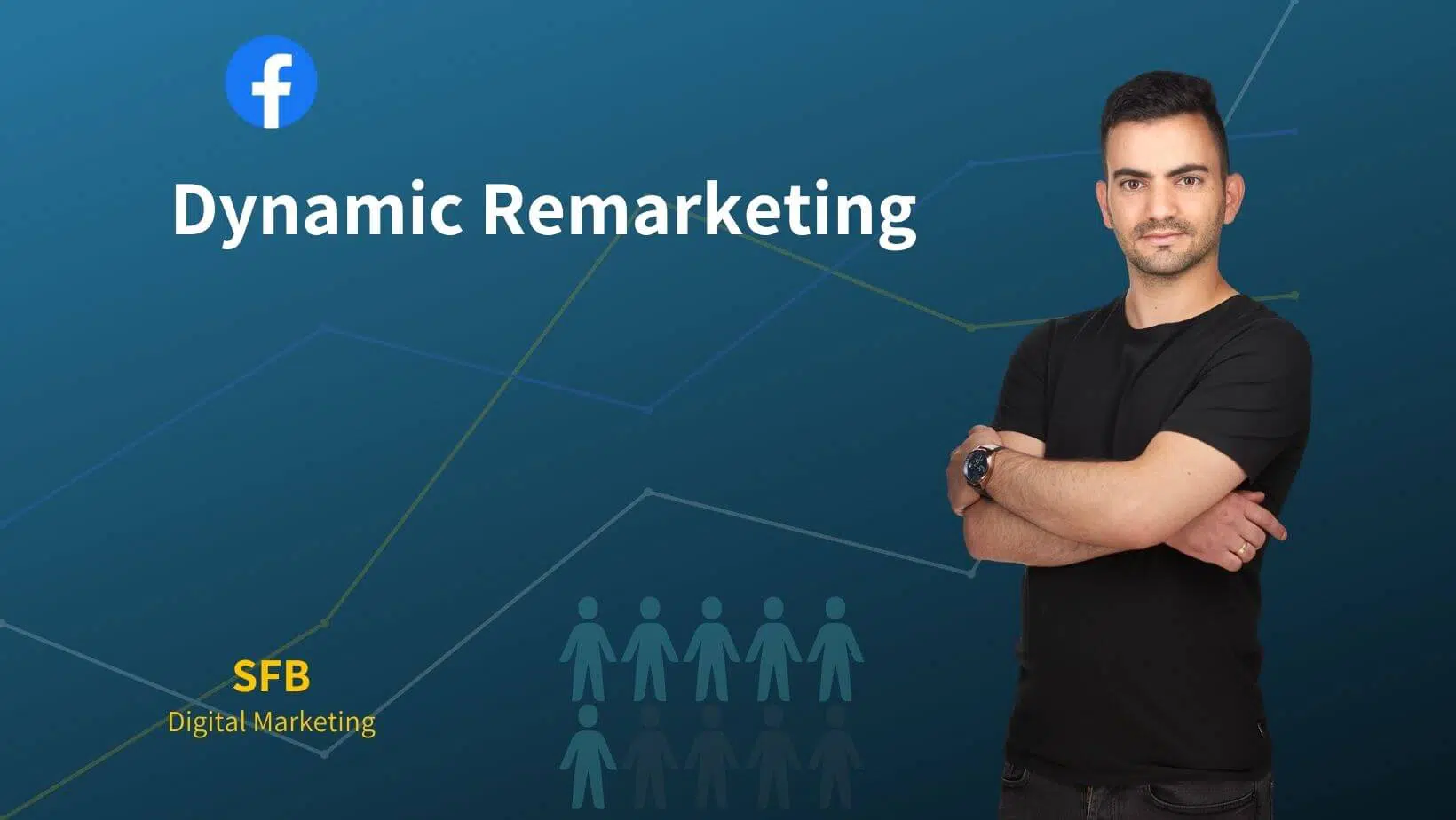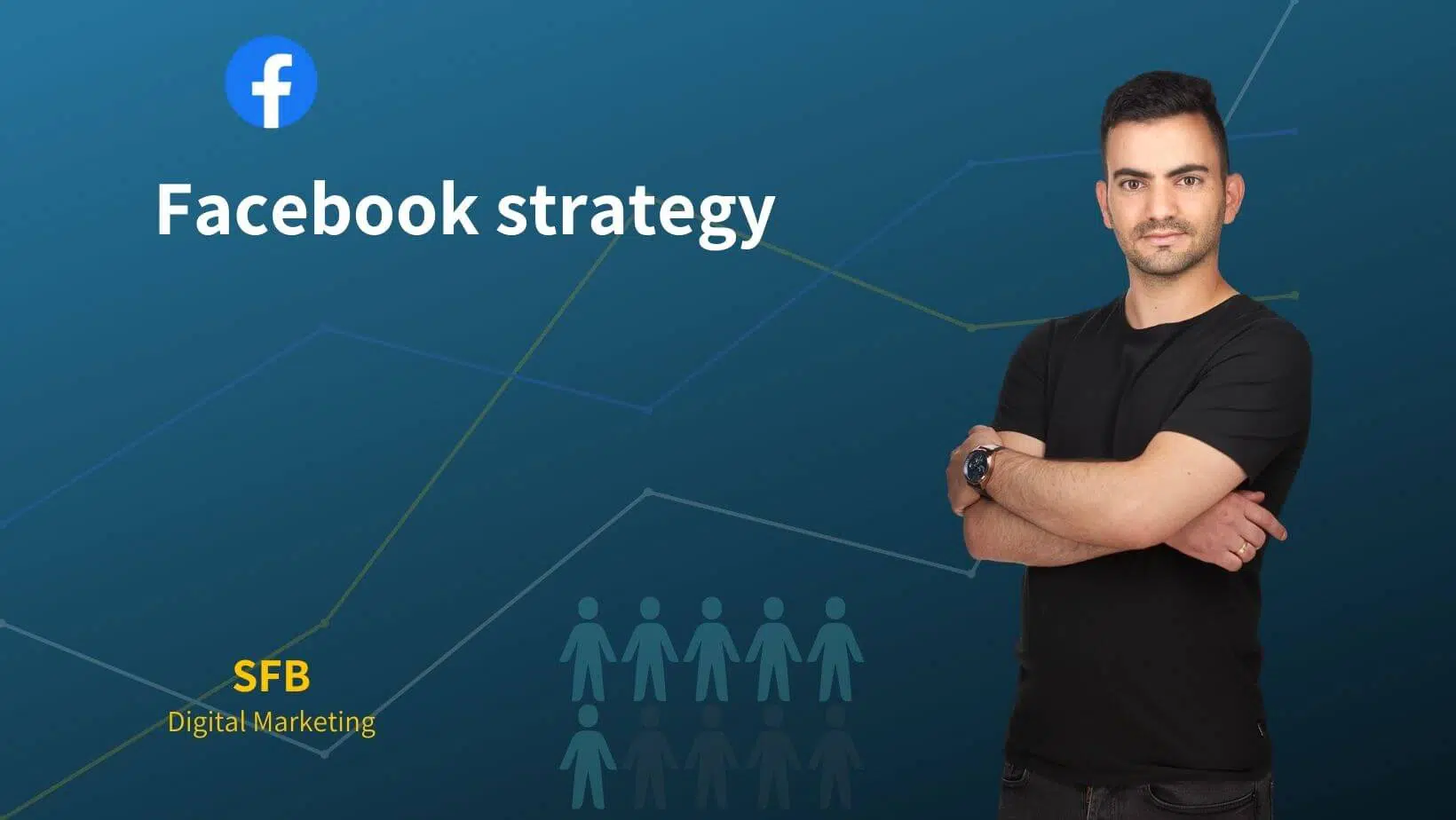Manage Facebook Campaigns
20.11.2021

Brands or businesses, whether small or large, that want to increase their exposure to relevant audiences, can choose Facebook's advertising platform to make their campaign management effective, measurable, and focused. What elements does Facebook campaign management include? Who can actually set up and set up a Facebook campaign? What are the elements that are important to pay attention to when setting up a Facebook campaign? In this article we will try to answer all these questions.
What is Facebook campaign management?
The Facebook campaign is an alias forMarketing process, where a business sets up an ad that is shown to a specific target audience, and clicking on that ad converts. Such conversion can be reflected in the user joining the brand's fan page, arriving at a landing page, filling out details in a lead form, joining a group, making a purchase in a Facebook-based online store, and more.
How do you analyze Facebook campaigns?
Well, each advertiser or business owner who advertises himself analyzes the campaigns in a different way.You can analyze the campaigns and arrange the columns directly in the ad manager according to the needs and objectives of that campaign.On the other hand, when managing several customer accounts you can use the amazing tool of Supermatrix, some prefer to view and analyze the campaign data in Google Data Studio and, of course, it is more convenient for them to receive the data directly to Google Shides.Supermatrix is also suitable for individuals who only manage 1 advertising account or who manage advertising on Google and Facebook advertising And other channels and that this information can be obtained in a visual and comfortable way to read and all this in one place.
What components is a Facebook campaign built from?
In order to set up and carry out effective Facebook campaign management, you will need, at a minimum, to configure the following components:
Objective of the campaign:
Just before you start setting up a Facebook campaign (and any campaign), you'll need to decide what your primary goal is to actually manage your campaign: Is it to increase awareness of your brand? Is it maximizing conversions? Do you want to add new fans to your business page? Do you minimize the cost per click of a surfer and generate as much traffic to the site as possible? This first part of goal setting is very critical and I really do not recommend business owners or professionals to advertise without you knowing your goals and they are clear to you and the business of course. And of course they are measurable, for example if it is an ecommerce store you need to know that you have the information at hand from the moment the surfer interacts with you until the purchase is completed. Such as: viewing the product, adding to cart, going through payment, purchase and purchase value of course.
Creative:
Here you will have to recruit the best minds and talents of the employees in the business, or contact an external entity that is their specialty, in order to draft, customize and make sure that the text that will sustain the ad is effective and will make the users perform the action for which the campaign has been defined.
Photo or video:
One of the elements that most drastically affects the ability of a campaign to convert surfers is the visual - that is, the set of photos or videos used during the campaign. A high-quality image can attract surfers, convince them to click on the ad, intrigue them, and make the brand particularly memorable. Video, on the other hand, is great for the initial interaction with the surfer when running a campaign on Facebook/Instagram and this because there is no better way to tell the brand's story through a video.
Pricing:
When running a Facebook campaign, you can use a variety of settings to decide how your campaign budget will be managed, how it will be distributed over the campaign period, what will be the maximum price you will be willing to pay per click or click, etc. It is important to understand and I see this often when customers come to me, “I have set a conversion cost target of 10 shekels and he gives me a conversion cost of 50 shekels”... Friends, it is possible to tell Facebook, Google or any other platform until tomorrow what your goal is to remain profitable. This does not mean that they will be able to do it and of course that depending on them everything there are a lot of variables such as, creative, landing page, purchase process, your offer to the surfer and much more.
Placement of ads:
FACEBOOK ADS CAN APPEAR IN A VARIETY OF PLACES ON THE PLATFORM, AS PART OF THE FEED ON DESKTOP DEVICES, AS PART OF THE FEED ON MOBILE, AND THROUGH SIDE ADS ON DESKTOP. Each such placement has its own advantages and disadvantages. It is important to check even in advance and even test where your ads perform better and where to invest more and accordingly reduce and even stop the real estate you have acquired in your ad placement and that is that too bad it is just a shame to just give Facebook money for no reason.
Ad timing:
When will the ad be active? In what days, hours or periods? This figure is critical to the success of the campaign, as the advertiser must ensure that the ad is active during the business hours when its target audience is active. There is not always an overlap between the hours of operation of the brand and the hours of operation of the different consumers of the brand.In addition, there are quite a few business owners who have not yet moved their organization or business especially small businesses to completely digital, which means that if for that matter it is a furniture store and this store does not have an online store that can be ordered online nor does it have room to leave details. Which leaves the business owner always available for his customers which would not really work and not an ideal situation. So one solution is to give surfers the option to contact through a form or make the site an ecommerce and thus the surfers will be able to make a purchase even during the hours when the business is not active. Another solution if the business does not have the option to upgrade the site (and preferably it is upgraded if this is the case) is to simply stop the Facebook campaign during the hours when it is inactive This can be configured automatically and schedule the hours in which the campaign will run.
Definition of the target audience:
Who is the target audience that will be exposed to the ad? What characterizes it? Is it possible to define it accurately? In some campaigns, the task of segmentation of the target audience will be easy and simple. In other cases, not so easy will be to configure using the existing functions the target audience. Facebook provides a great mechanism for advertisers by which they can build target audiences similar to target audiences for whom the campaign has worked well in the past. In such cases, Facebook uses artificial intelligence to form audiences according to characteristics such as the level of engagement of users, the likelihood that they will agree to join a group or make a purchase, and more.Before you jump into the Ad Manager and run a Facebook campaign, understand who your audience is, analyze it, if you already have data on the site and are connected to analytics and have already received invitations or The leads from him are great! Because it means you'll have a much simpler time figuring out what kind of people you should be posting to.
Who can set up a Facebook campaign?
Let's put things on the table and be honest: Anyone with a basic technological sense and a desire to learn, can set up a Facebook campaign or campaign Advertising on Google, complete his definition and get on your way.Is this the right thing to do? Well, usually not. Setting up a campaign by a person who is not versed in Facebook campaign management will surely result in a lot of waste of money at best, and low-quality and brand-relevant traffic streaming at least. When setting up a Facebook campaign, you need to pay close attention to the orchestration of all the components: defining the target audience on which the campaign will focus and, in addition, setting audiences to be excluded from the campaign display, setting the correct timing, the correct monkey, the correct visual, performing A/B tests to measure the effectiveness of the campaign, constantly improving the various components of the campaign, and especially measuring the success of the campaign and analyzing it in Analyze consistently and this is for the purpose of improving the campaigns. Through the SFB brand, I have managed quite a few successful campaigns in Israel and around the world and implemented many hours of experience in them. If you're interested in maximizing the results of your next Facebook campaign, I, Shay Cohen, Facebook advertising expert, will be more than happy to assist.









